“I fully expect Black and white people in this country to live together, to love each other, to fully acknowledge each other’s humanity, to treat each other — and act — as members of one family.”
That’s the message Abdu’l-Baha, the son of Baha’u’llah, the prophet and founder of the Baha’i Faith, brought when he came to the United States in 1912, says Louis Venters, a Baha’i living in Florence, South Carolina. In this video from “The Race Unity Project,” Louis shares a story of how Abdu’l-Baha exemplified his commitment to race unity and universal brotherhood in his personal life and instructed others to do the same.
When Abdu’l-Baha was asked on one occasion: “What is a Baha’í?” he replied: “To be a Baha’i simply means to love all the world; to love humanity and try to serve it; to work for universal peace and universal brotherhood.” This is the standard he upheld in the United States during the early 20th century.
RELATED: Remembering Abdu’l-Baha’s Call For Unity, a Century After World War I
“His testimony and his witness in terms of race and the importance of African Americans is really multifaceted. Some of the moments that stand out would be his speech at the fourth annual convention of the NAACP in Chicago [and] a talk at the metropolitan AME church in Washington, D.C. that was to an integrated audience,” Louis says.
“There are these very public ways that Abdu’l-Baha proclaimed the importance of people of African descent to the American Baha’i community [and] proclaimed the centrality of interracial unity and harmony for the future of the United States,” Louis says. “But there are also things that he does that are more private, but perhaps have an even more important impact on the lives who saw them happen.”
RELATED: Abdu’l-Baha’s Radical Approach to Race Unity
Produced by Journalism for Change, Inc, a nonprofit media organization founded by filmmaker and human rights activist Maziar Bahari, The Race Unity Project tells “the century-long story of the American Baha’i community and its efforts — as well as its tests and challenges — in promoting race unity.”
As Louis explains, when he came to the U.S, Abdu’l-Baha — who Baha’is view as the perfect exemplar of the Baha’i teachings — set the standard for race unity. He addressed “the more subtle aspects of Jim Crow” and made it clear that segregation was not just a legal, economic, or political issue. It was a matter of the heart and soul of the nation.
Radiance Talley serves as the director of operations at BahaiTeachings.org, where she integrates her expertise in SEO, journalism, design, and publishing into every aspect of her work. She has edited and written hundreds of articles for BahaiTeachings.org and has also written and optimized articles for...
READ MORE

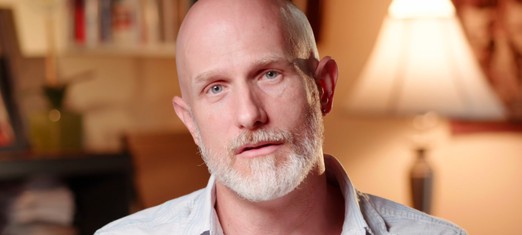

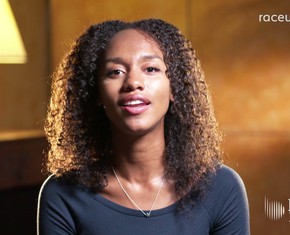
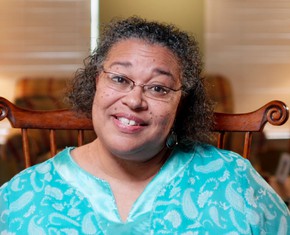
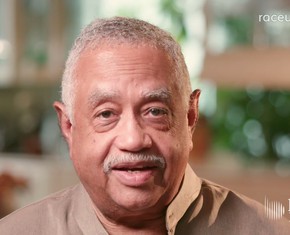
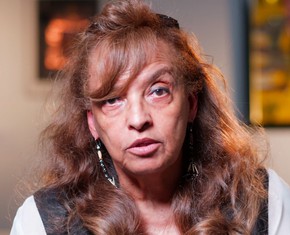









Comments
Sign in or create an account
Continue with Googleor